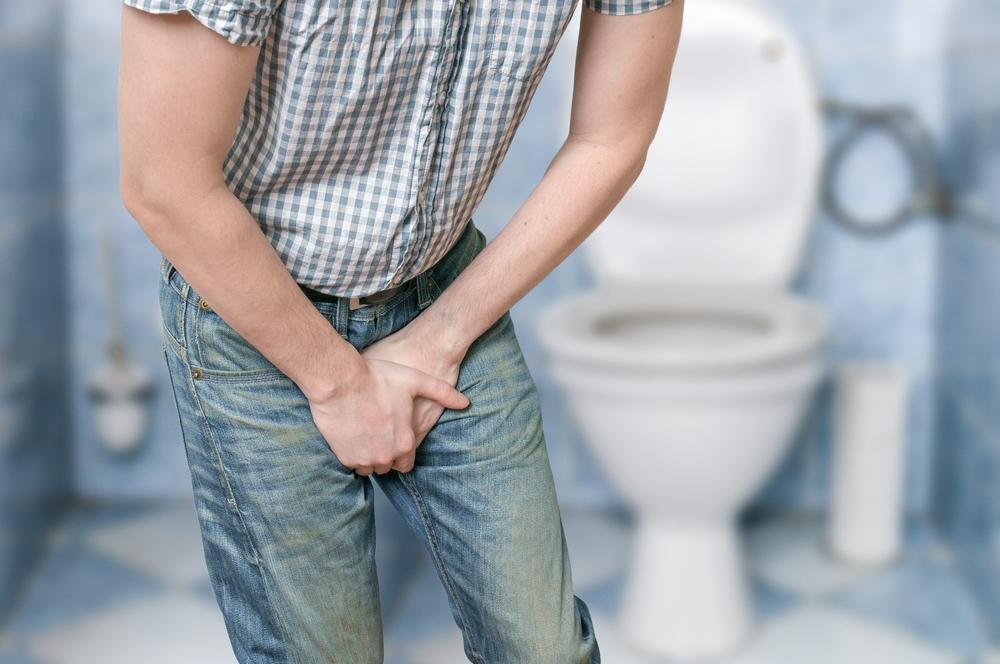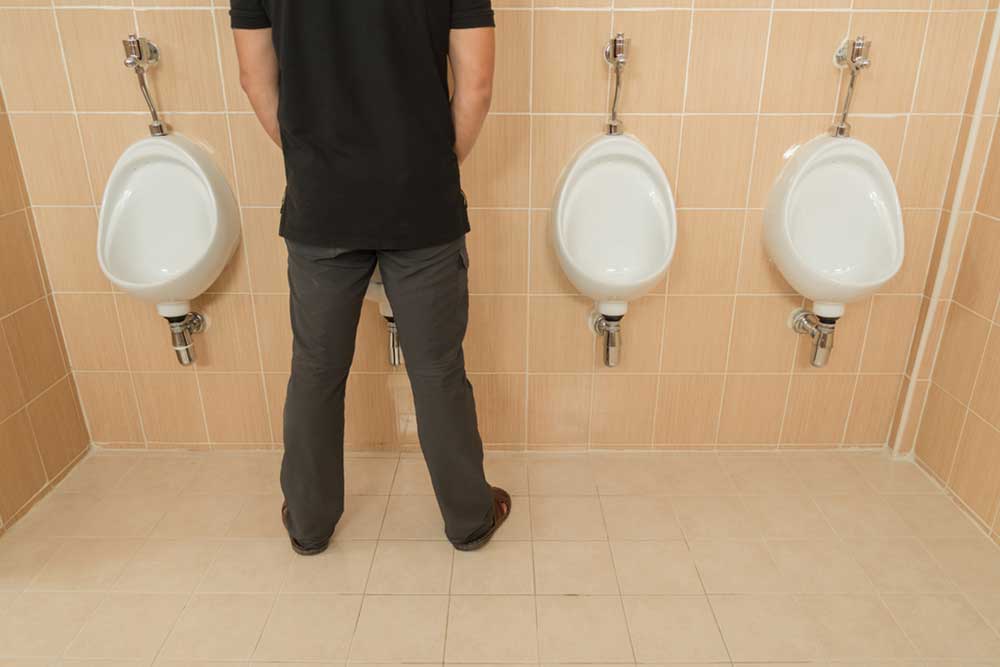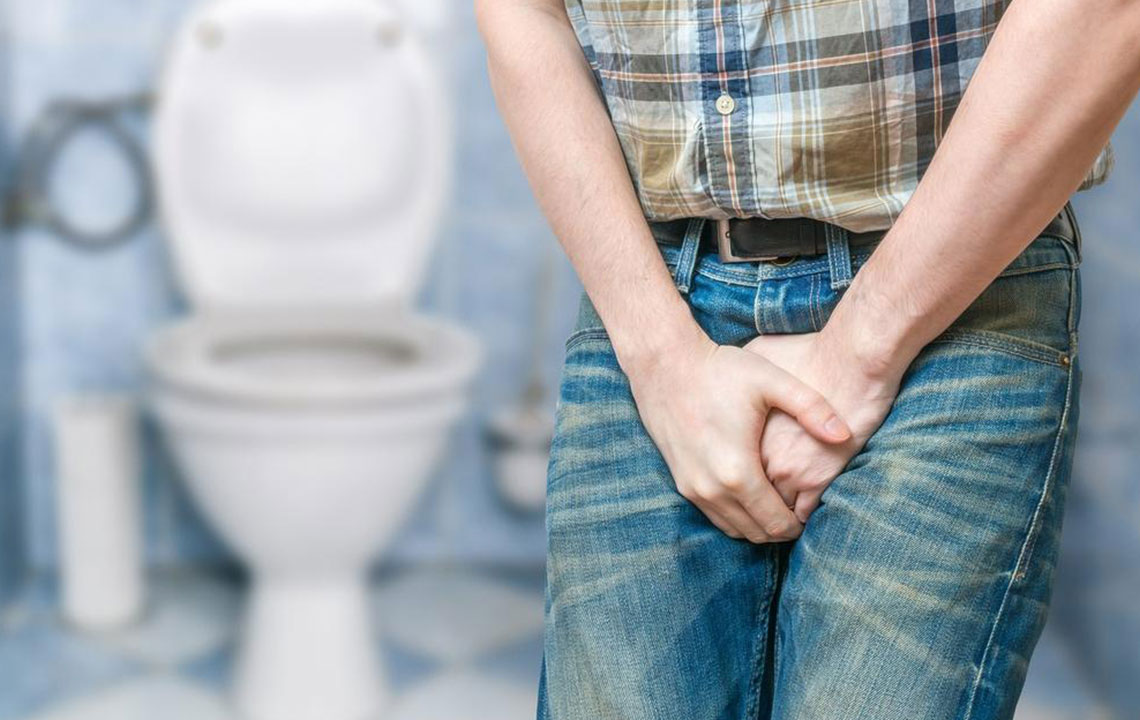Understanding and Managing Frequent Urination: Causes, Prevention, and Treatment Solutions
Frequent urination can be caused by various health issues including diabetes, infections, or lifestyle factors. This comprehensive guide explores causes, preventive measures, and treatment options to help you maintain urinary health effectively. Learn to identify symptoms and seek appropriate care to improve your quality of life. Start understanding your urinary health today with proven strategies and medical insights tailored to your needs.

Understanding and Managing Frequent Urination: Causes, Prevention, and Treatment Solutions
Frequent urination, medically known as pollakiuria, is characterized by the need to urinate more than eight times within a 24-hour period. While occasional changes in urination frequency are normal, persistent frequent urination can be a sign of underlying health issues that require medical attention. Recognizing the causes and exploring effective prevention and treatment options can greatly improve quality of life.
This comprehensive guide delves into the common causes of frequent urination, preventive lifestyle strategies, and available treatment options. Whether it’s linked to medical conditions like diabetes or urinary tract infections, or due to lifestyle factors, understanding these aspects can empower individuals to take control of their urinary health.
Causes of Frequent Urination
Multiple factors contribute to the condition of frequent urination, and identifying the root cause is crucial for effective management. These causes can vary based on age, gender, health status, and lifestyle habits.
Diabetes Mellitus: Both type 1 and type 2 diabetes often lead to increased urination due to high blood sugar levels, which cause the kidneys to excrete excess glucose along with water.
Urinary Tract Infections (UTIs): Bacterial infections in the urinary tract can irritate the bladder, resulting in frequent urges to urinate, often accompanied by pain or burning sensation.
Pelvic Floor Weakness: In women, pregnancy and childbirth can weaken pelvic muscles, affecting bladder support and leading to increased urination frequency.
Enlarged Prostate: In men, an enlarged prostate gland can obstruct urine flow, causing frequent trips to the bathroom, especially at night.
Bladder Stones and Cancers: Formation of stones or tumors in the bladder can interfere with normal urination, resulting in increased urgency.
Other Health Conditions: Conditions like interstitial cystitis, overactive bladder, or neurological disorders such as multiple sclerosis can also contribute to frequent urination.
Medications and Lifestyle Factors: Diuretics, caffeine, alcohol, and certain medications can increase urine production, influencing urination patterns.
Prevention Strategies for Frequent Urination
Proactive lifestyle choices and habits can reduce the risk of developing frequent urination issues. Implementing these preventive measures can maintain urinary health and prevent discomfort.
Limit intake of caffeine, alcohol, and citrus-based beverages, as these can irritate the bladder and increase urination frequency.
Avoid excessive consumption of tomato-based foods that may aggravate bladder symptoms.
Minimize artificial sweeteners, which may act as bladder irritants in some individuals.
Increase dietary fiber to promote overall digestive health, which indirectly supports urinary function.
Engage in pelvic floor exercises such as Kegel exercises to strengthen bladder-supporting muscles, especially after childbirth or as aging progresses.
Maintain a healthy weight, as excess weight puts pressure on the bladder and pelvic region.
Stay well-hydrated but avoid excessive fluid intake, spreading it evenly throughout the day.
Effective Treatment Options for Frequent Urination
Addressing the underlying causes of frequent urination is key to effective management. Medical interventions are tailored based on specific diagnoses, and lifestyle modifications can complement these treatments.
Diabetes Management: Keeping blood sugar within recommended levels through medication, diet, and exercise can significantly reduce excessive urination associated with diabetes.
Infections and Urological Conditions: UTIs require antibiotics, while bladder stones might need interventions such as lithotripsy or surgery. For enlarged prostate, medications or surgical options like prostatectomy are considered.
Medications: Drugs such as antimuscarinics or beta-3 adrenergic agonists can help control overactive bladder symptoms. Estrogen therapy may benefit women with post-menopausal symptoms affecting urinary health.
Surgical Interventions: Severe or persistent cases involving tumors, bladder stones, or structural abnormalities may require surgical correction.
Pelvic Floor Rehabilitation: Physiotherapy and pelvic floor exercises strengthen musculature, reducing incontinence and urination frequency.
Consulting a healthcare professional is essential for accurate diagnosis and personalized treatment planning. Maintaining a healthy lifestyle, combined with medical treatment, can significantly improve urinary symptoms and overall well-being.





